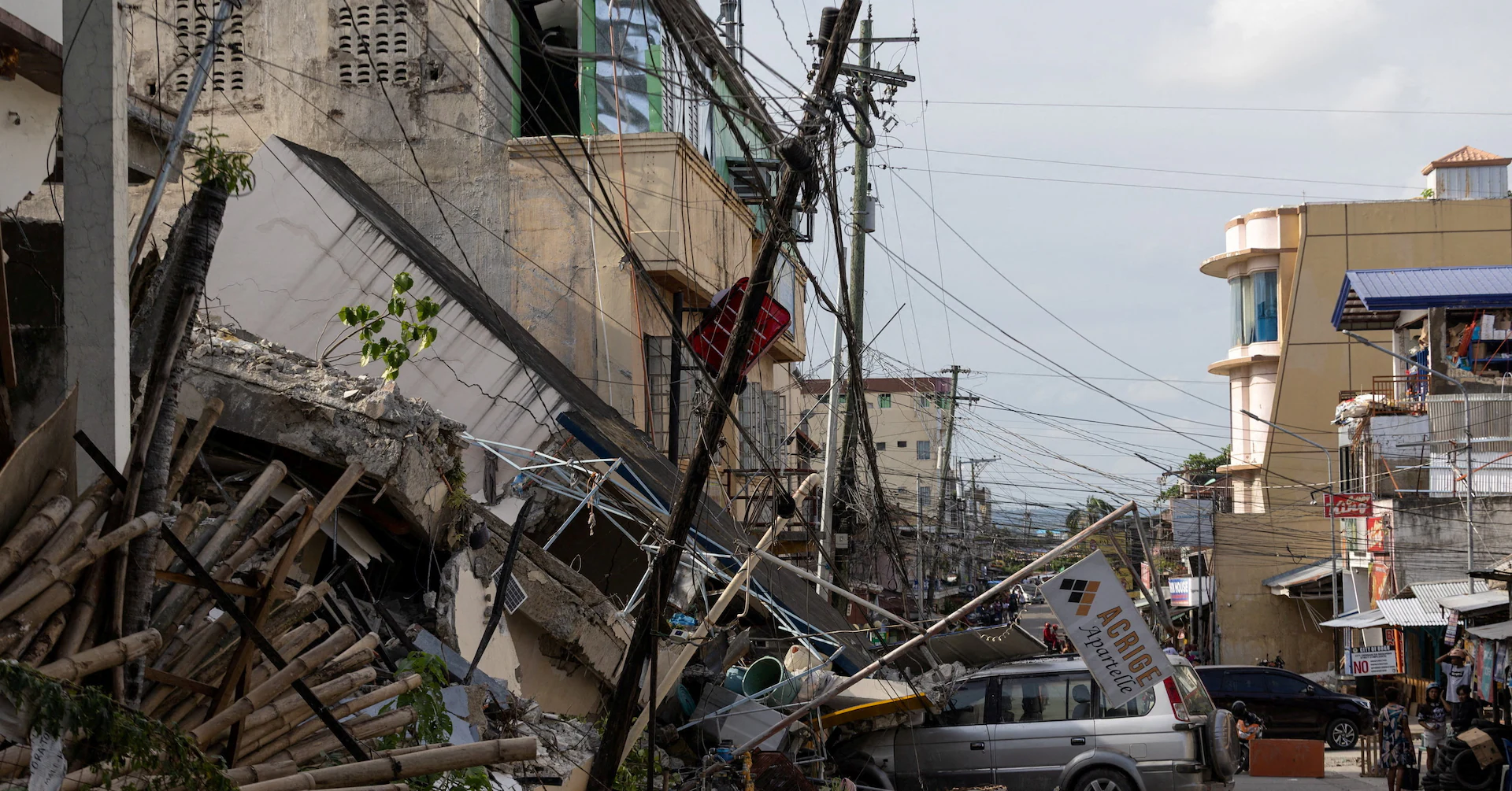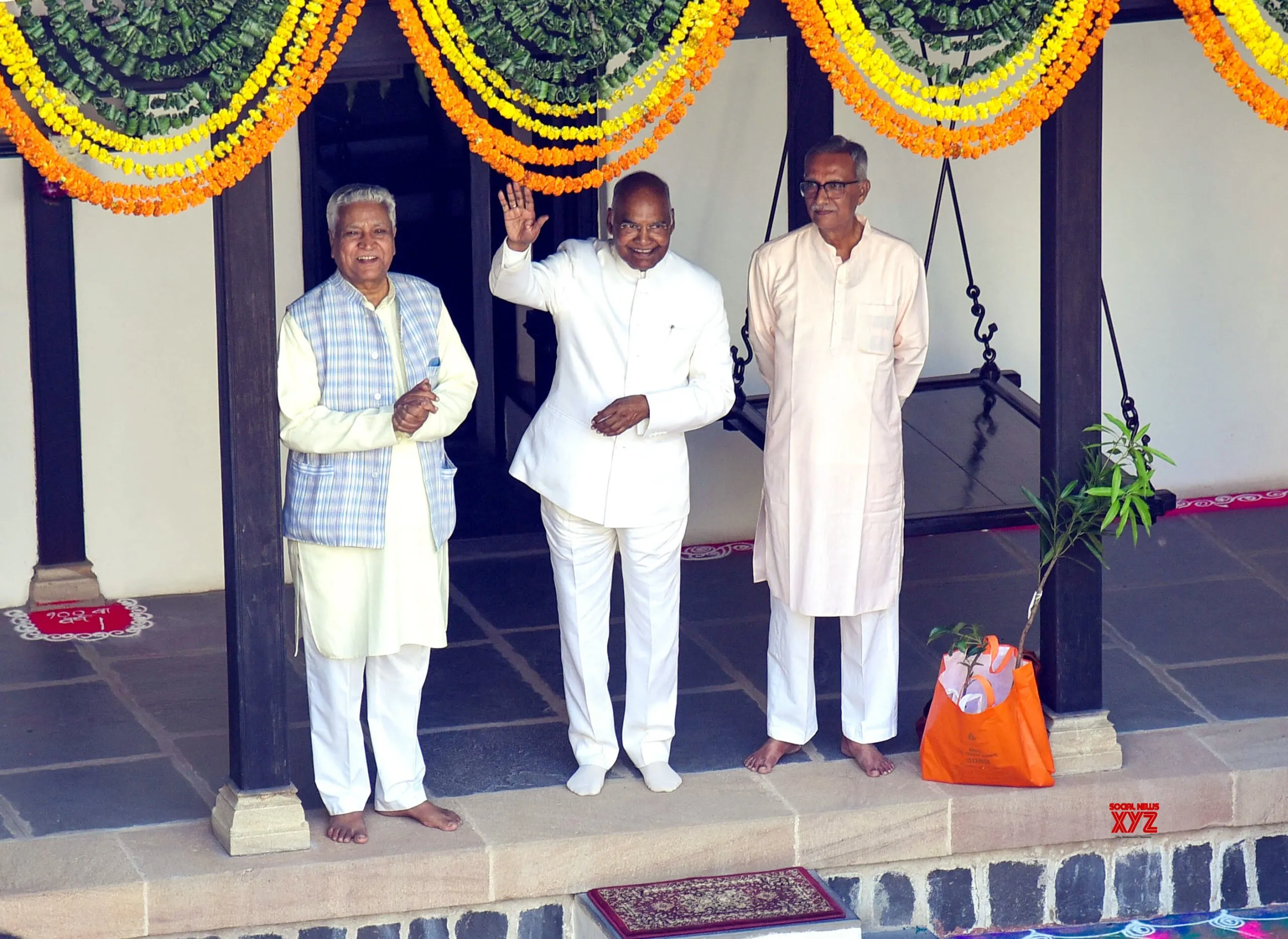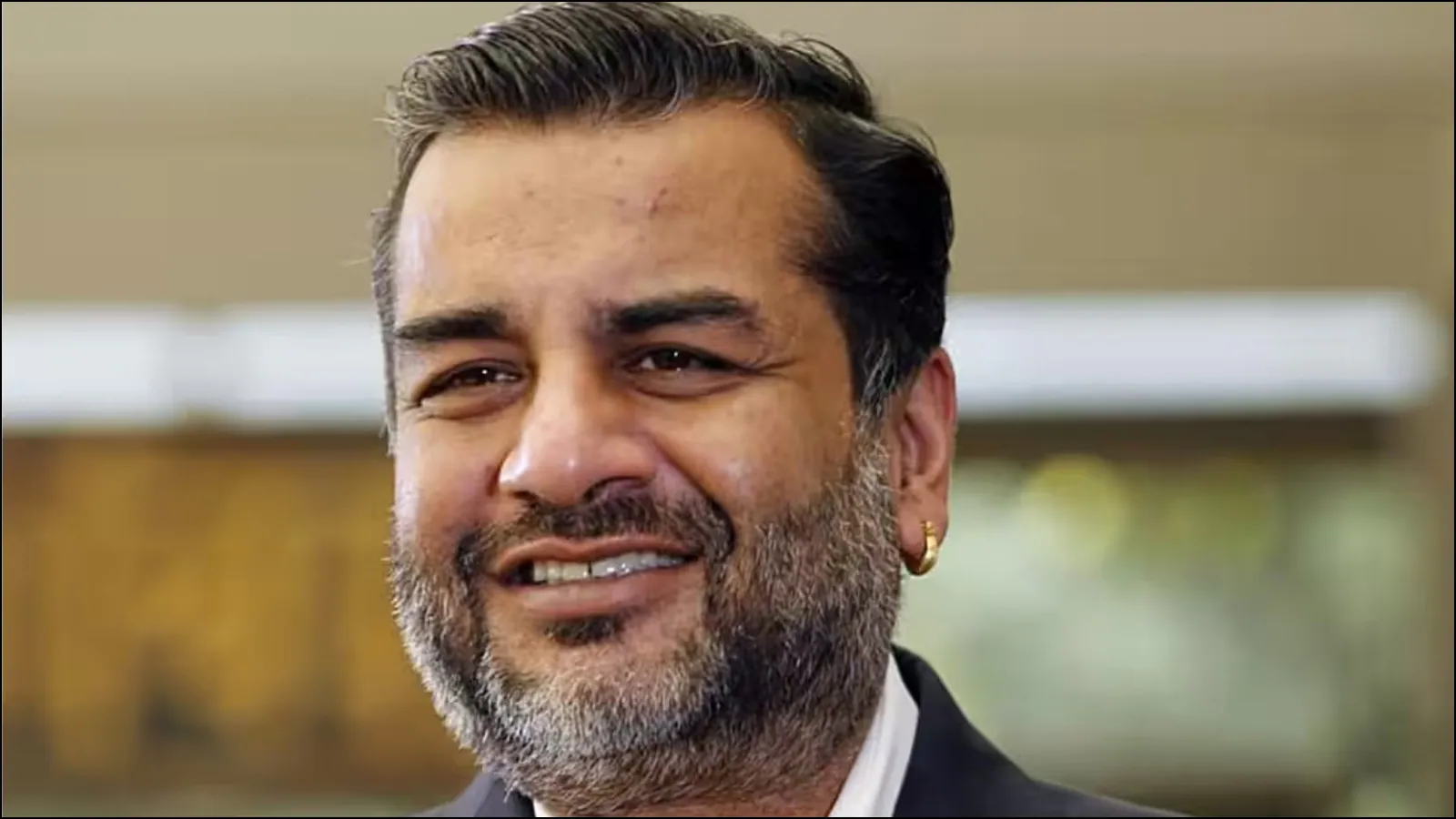
This is an excerpt of the Sustainable Switch newsletter, where we make sense of companies and governments grappling with climate change, diversity, and human rights on Tuesdays, Thursdays and Fridays.
To receive the full newsletter in your inbox for free sign up here.
Sign up here.
Hello,
Tragedy has hit the Philippines after a magnitude 6.9 quake struck, the deadliest to hit the country since 2013, with at least 72 people reported dead and dozens injured. Meanwhile a 6.5-magnitude earthquake struck Indonesia.
Over in Indonesia, rescuers battled to extricate students from the rubble of a school under construction that collapsed and killed at least six in the province of East Java.
The Southeast Asian archipelago is one of the most seismically vulnerable countries on the planet, often experiencing more than 1,000 quakes a year.
Search for survivors
Let’s first look at what happened in the Philippines.
A man wept as he pulled back a plastic sheet and clutched the face of a dead relative.
Civil defence teams were searching for signs of life beneath a landslide that had killed at least 14 people in the city.
“As much as I would want to say there’s no more fatalities, the toll could still go up,” Cebu provincial information officer Ainjeliz Orong said of the landslide.
The Cebu quake was the country’s deadliest since at least 2013, when a 7.2-magnitude earthquake struck the neighboring island of Bohol, killing 222 people.
The Philippines sits on the Pacific “Ring of Fire” and experiences more than 800 quakes each year.
The island was also still reeling from last week’s Tropical Storm Bualoi and Super Typhoon Ragasa.
Indonesia quake complicates rescue at collapsed school
Over in Indonesia, an earthquake struck the region of Sumenep, about 200 km (124 miles) from a school which had collapsed the day before. The quake injured three people and damaged dozens of homes, authorities said.
The magnitude 6.5 quake complicated the rescue work at the school by narrowing the room for maneuver, said Emi Frizer, an official of Indonesia’s search and rescue agency.
Three weeks ago, deadly floods on the Indonesian island of Bali killed 14 people, blocked major roads, including access to the island’s international airport, and caused landslides in some areas.
ESG LENS
AGOA: U.S. President Donald Trump’s administration is supporting a one-year extension of the African Growth and Opportunity Act, known as AGOA, a law first passed in 2000 to provide duty-free access to the U.S. market for thousands of products. Its impact has been diluted by the tariffs Trump introduced in August, which exposed products once exported duty-free under AGOA to U.S. import taxes of between 10% and 30%.
Click here for an insightful Reuters article on the changing free trade talks across the globe as countries look to foster new relationships outside of the U.S. andsign up here for the Reuters Tariff Watch newsletter for all the latest global trade and tariff news.
Today’s Sustainable Switch was edited by Emelia Sithole-Matarise
Think your friend or colleague should know about us? Forward this newsletter to them. They can also subscribe here.
Our Standards: The Thomson Reuters Trust Principles., opens new tab
Sharon is the creator, curator and editor of the Reuters Sustainable Switch newsletter and the Sustainable Business vertical on Reuters.com. She joined Reuters after a stint as the Inclusive Economies Editor at the Thomson Reuters Foundation. She enjoys writing about the intersection between climate and social injustice and can be contacted via email for ESG-related queries.



